When Uncle Paul Kabai compares the island his grandparents grew up on with the swampier, saltier strip of land he inhabits today, sometimes it’s enough to bring tears to his eyes.
As sea water inundates more of the island and its neighbours for longer every year, threatening homes, ruining crops and even flooding sacred grave sites, the problem facing the Gudamalulgal Nation has been described as existential.
Some were already making plans for the worst, Uncle Paul said, a day when his people would potentially have to relocate.
“We are connected to Saibai as our motherland,” he told 9news.com.au.
“So, if Saibai goes under water, we lose our identity, we lose our culture, and we will be nothing.”
The elders are fighting back as the forces of climate change drive the Coral Sea further and further into their fresh water supply, overtopping sea walls in monsoon season and carving away once-sandy beaches.
He and Uncle Pabai Pabai, from neighbouring Boigu, are at the front of that action as they seek to hold the Australian government legally responsible for what they’re suffering.
“We have to do it for our younger generations, otherwise we will become climate refugees,” Uncle Paul said.
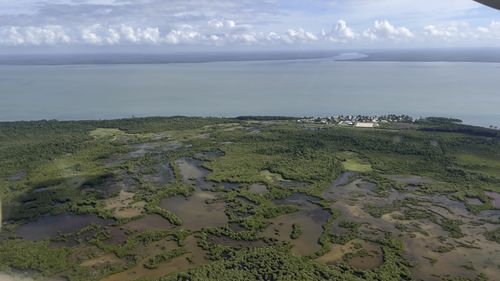
Federal Court swaps robes for short-sleeved shirts
This month, the Federal Court of Australia swapped the robes and rituals of a Melbourne courtroom for shorts and short-sleeved shirts on a tour of the islands of Saibai, Boigu and Badua.
There were power outages, rain, steamy days, crab for lunch and even a boat trip as traditional owners showed Justice Michael Wigney the “catastrophic” damage wrought on the low-lying islands by the warming sea.
It’s the latest step in a court case Uncle Paul and Uncle Pabai launched in 2021, alleging the Australian government had a duty of care to protect them, a duty it had failed by not doing enough to limit carbon emissions or help Torres Strait Islanders adapt.

“We are only giving evidence to see if government can listen to us,” Uncle Paul said, admitting he feared it might already be too late.
“If government will listen to our voice, then they will do something.”
In a 52-page statement of claim, the Torres Strait Islanders, helped by the non-profit Grata Fund, are calling for the court to order the Commonwealth of Australia to reduce the country’s emissions in-line with the best available science, and protect them from the devastating consequences of climate change.
They argue the current emissions reduction target of 43 per cent by 2030 is not enough to keep global heating below 1.5 or 2 degrees — the point beyond which experts expect significantly more serious alterations — and puts Australia on track to exceed its “global emissions greenhouse gas budget”.
Scientists say both low-lying islands and First Nations peoples are more vulnerable than most as the oceans rise and heat, and the Zenadth Kes (the local name for the area) residents say they’re already feeling the impact.
The court was taken to see cemeteries where graves were flooding, eroded beaches, sea walls described as insufficient and fields now rendered useless by salt water inundation.

“We don’t grow any more taros, cassava, sweet potatoes, like our fathers and grandfathers, grandmothers, what they used to grow before,” Uncle Paul told 9news.com.au.
“Why I’m saying this now is because the land is too wet. It’s too swampy.”
There’s still barramundi and sea turtles, but the bulk of the food is shipped in from Cairns or the much larger Thursday Island.
The court heard Uncle Paul was worried even the seagrass meadows might disappear, driving out the turtles and dugongs his people have hunted for generations.
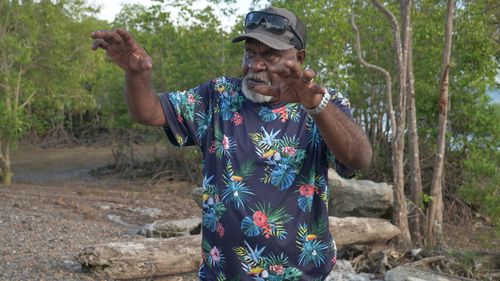
‘Either this case wins or the next case or the case after that’
Grata Fund founder and executive director Isabelle Reinecke says “massive” amounts of the coast are eroding, literally shrinking the island as the sea creeps closer to homes that have already been set back from the water’s edge and raised on stilts.
She’s confident of success in what she describes as the first example globally of a First Nations community suing their government for negligence.
“At the end of the day, either this case wins or the next case or the case after that,” she told 9news.com.au.

“This sort of climate litigation is not going to stop against the federal government until they do what is right, both legally and morally.
“So, you know, based on the litigation, successes that we see around the world and the behaviour of the Australian Government and the facts of climate change, we see a win against the Australian government on these sorts of issues as potentially inevitable.”
In 2019, the Netherlands’ top court ruled in favour of activists who spent years seeking to force their government to cut emissions.
The Commonwealth denies a large chunk of the allegations made by the traditional owners.
In a response to the statement of claim, it argued the court shouldn’t impose a duty of care on “high level government policy”.
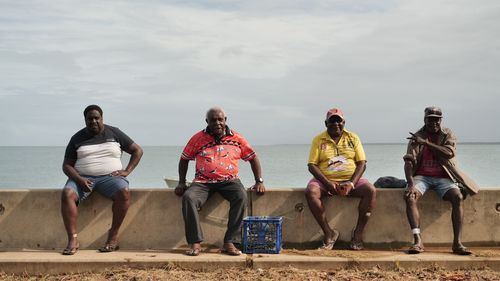
That applied the “economic, social and political factors” linked to both what adaptation measures it should take in various parts of the country and the setting of greenhouse gas emissions targets.
“There is no agreed GHG or CO2 emissions budget for Australia, though various papers and reports have attempted to formulate such a budget, with different results,” it argued.
The Commonwealth’s lawyers pointed out the federal government had increased its emissions targets since Labor took office. It said there were some adaption options available for some locals, adding that sea walls had been built on Saibai, Boigu, Poruma, and were planned on other islands.
Attorney-General Mark Dreyfus’ office didn’t respond to a request for comment but he previously said he couldn’t comment while the case was before the courts.
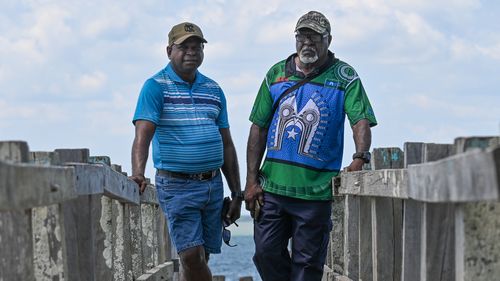
Islanders’ very way of life ‘at risk’
The latest stage in the case kicked off on June 5 on Boigu, about 50 kilometres east of Saibai, as rain bucketed down on the roof of the community hall on a steamy Monday morning.
Lawyer Fiona McLeod, instructed by Phi Finney McDonald for the Torres Strait Islanders, spoke in her opening statements of the “unique” connection between the traditional owners and their lands.
“It is the essence of what it means to be a Torres Strait Islander,” she told the court.
“Island custom [spelled locally as Ailan Kastom] celebrates those practices that have kept Torres Strait Islanders safe from external threats and sustained them for generations.
“Here on Boigu, island custom and the way of life of the Boigulgal is at risk.
“The evidence that will be led in this case will show that the Commonwealth has and continues to ignore the dire and existential threat to the lives of its own citizens here in the Torres Strait.
“Its failure to act is a failure, we say, of the fundamental duty of government to protect its citizens and first peoples from harm.”
Uncle Pabai took the stand to speak powerfully of the risks faced on the lands of his crocodile clan to the west of the Story River, and right across the island.
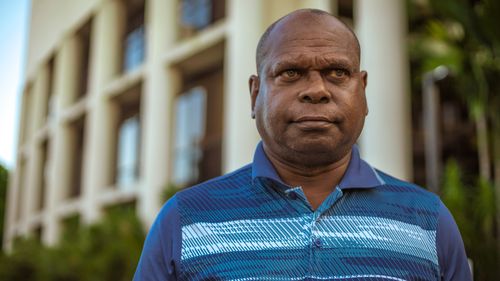
He talked of the changes he’d seen since he was a child in the 1970s and ’80s. The disappearing food sources, eroding sands and the importance of the Spy Tree, from which locals scouted for enemies, and Skull Tree, where fallen warriors’ heads were placed on their return.
“If my community goes underwater and I will lose my identity from my land and I will lose every experience what they given to us because they will be no longer with us,” he said, of his elders.
Uncle Pabai was also questioned by government lawyer Stephen Lloyd, who pushed him on Boigu customs, arguing they had changed over time, particularly with the arrival of technology such as mobile phones.
“When it comes to customs to do with family connections, that’s what doesn’t change,” Uncle Pabai replied.
McLeod harshly criticised the government for a tack she described as “surprisingly aggressive in its seeming ignorance of traditional ways of life culture and oral histories”.
The approach, she said, was not well received among locals.
“It’s poor form in the first place, but to do so in front of, you know, senior elders and custodians on their lands that you’ve been welcomed to is, I would say, a quite extraordinary decision, in terms of a strategic choice,” she told 9news.com.au.
What’s next for the Federal Court case
Over on Saibai, before the latest hearings began Uncle Paul reflected on the situation his people were facing.
“Sometimes it can make you cry,” he said.
“You might think OK, nothing like this happened before when our grandfathers and grandmothers were young and now it’s destroying our own motherland.”
Back on the mainland, there’ll be more hearings in Cairns before scientific experts are called for three weeks of evidence starting in Melbourne in November.
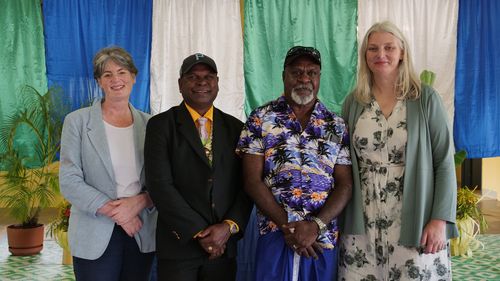
McLeod told the court she expected their evidence to include beliefs Torres Strait Islanders were already dying at a faster rate due to heat exposure and the impacts of climate change there were likely to worsen.
“The projected impacts of climate change in these islands will be catastrophic,” she said on Boigu.
“There is the real potential of being forced to leave these islands, severing unbroken cultural connection of thousands of years.
“The threat from climate change is of such a magnitude that Torres Strait Islanders cannot protect themselves from it.”
A final judgment is expected next year.
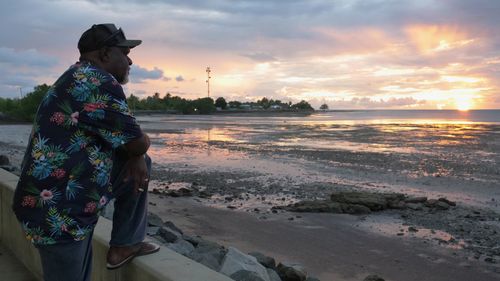














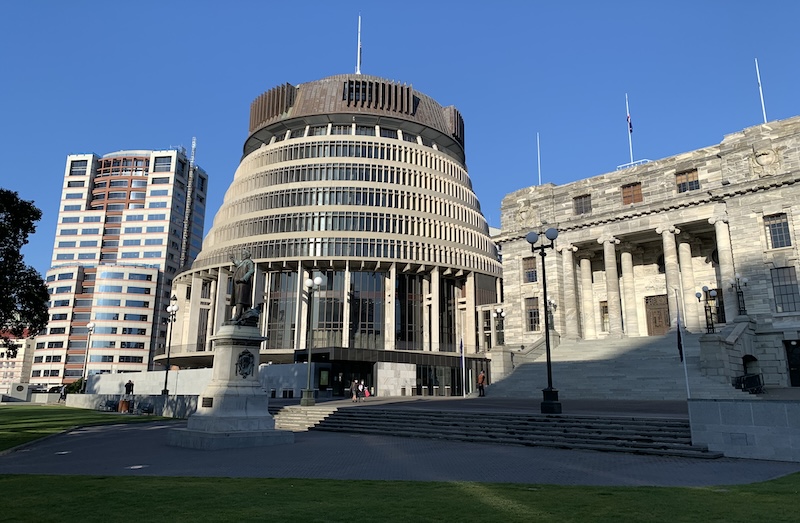



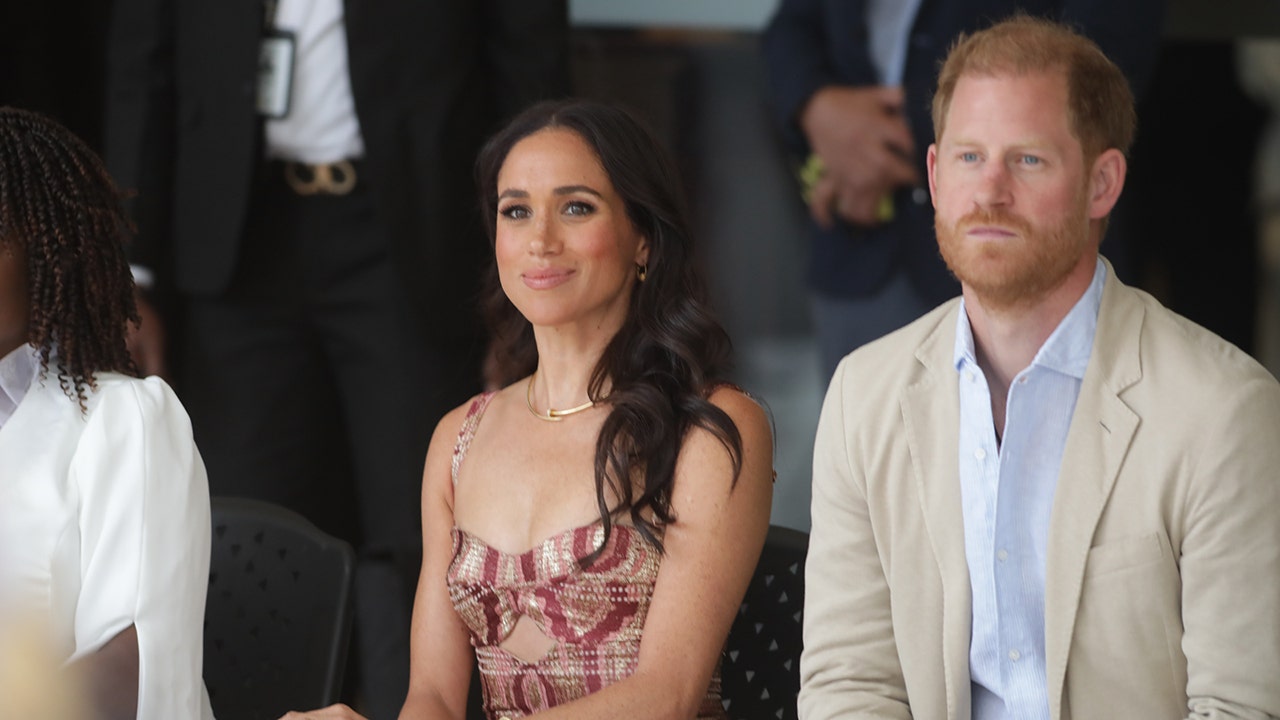


Discussion about this post